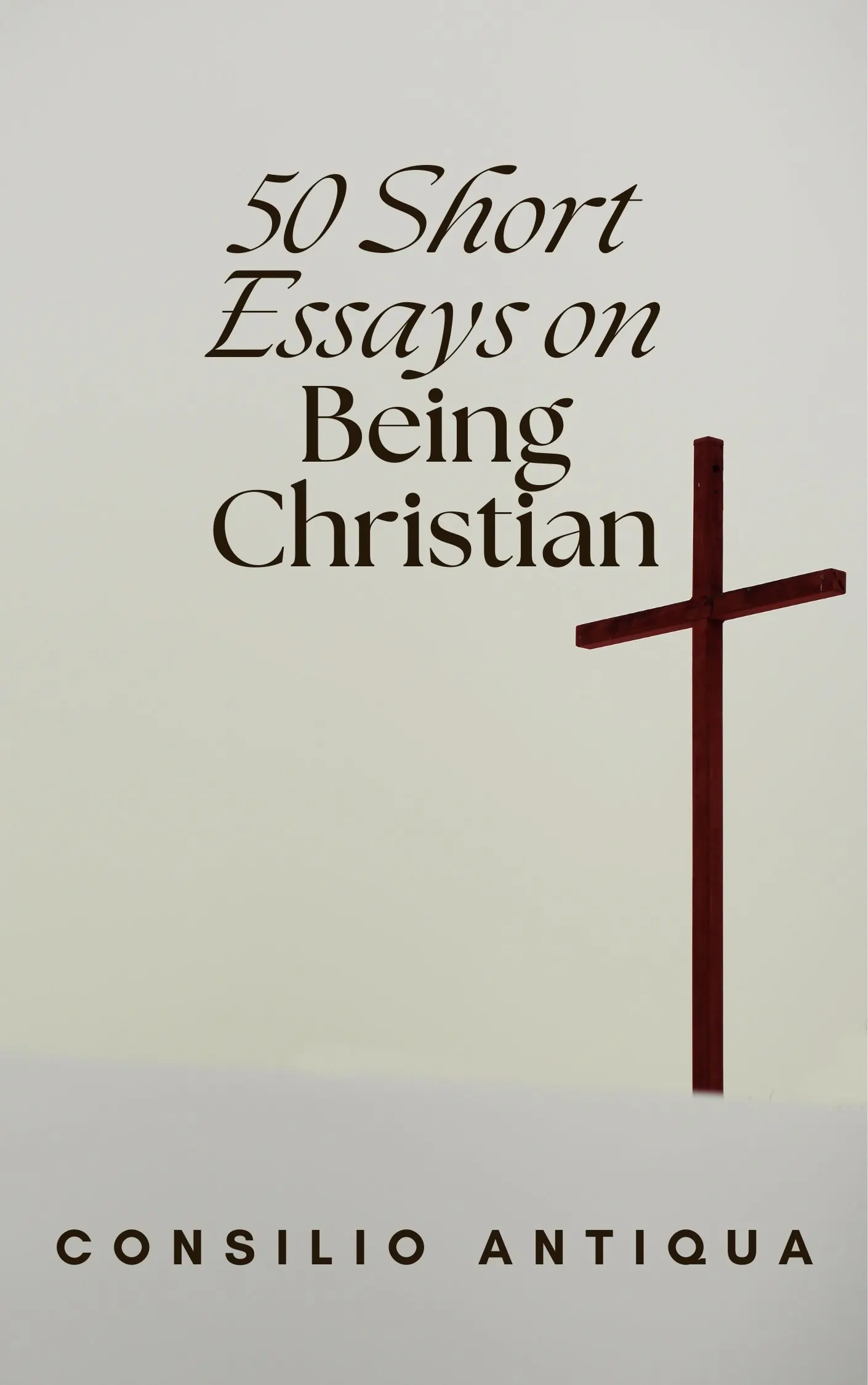
50 Short Essays on Being Christian | Chapter The Practice of Sabbath
Chapter The Practice of Sabbath
Rest is a form of resistance in a culture of busyness
Dear Friend,
I’ve been thinking lately about the concept of Sabbath, not just as a religious observance but as a necessary act of resistance in our increasingly frenetic world. Picture this: a world where "always on" is the default setting. Emails ping, notifications buzz, and the unrelenting demands of the digital age beckon us to be constantly plugged in, productive, and connected.
It feels like a slow-burning fire, this constant pressure to perform, to achieve, to never stop striving. It's a fire that burns not only our time but also our peace, our joy, and ultimately, our very selves.
In this context, the Sabbath, with its emphasis on rest and stillness, feels revolutionary. It's a deliberate pause, a conscious choice to step out of the relentless cycle of doing and into the space of being.
We often associate Sabbath with religious traditions, but I think it transcends religious boundaries. It's an act of self-care, a rebellion against the relentless demands of our modern lives. It's about reclaiming our time, our energy, and our souls.
But how do we do it? How do we find the time, the space, the courage to embrace stillness in a world that seems to value constant movement?
Perhaps it means disconnecting from the digital noise, putting down our phones, and turning off the endless stream of information. Maybe it means setting aside a day or even just a few hours for quiet reflection, for prayer, for contemplation, for simply being present with ourselves. Maybe it means spending time in nature, listening to the rustling leaves, the singing birds, the gentle murmur of a stream.
It might even mean learning to say "no" more often, to politely decline invitations that don’t nourish our souls, to set boundaries that protect our time and energy.
The essence of Sabbath, I believe, lies in the quiet spaces we carve out for ourselves. These spaces are not merely about inactivity; they are about intentional rest, about allowing ourselves to be present, to breathe, to reconnect with our deeper selves.
Sabbath is a reminder that we are not machines built for perpetual motion. We are human beings, with limitations, with needs, with a deep longing for peace. The practice of Sabbath reminds us that we are more than the sum of our productivity, that our worth is not measured by our output, that we are worthy of rest and stillness.
In a world that constantly pushes us to be more, do more, achieve more, the Sabbath offers a counter-narrative. It is a whisper of peace in a world of chaos, a gentle invitation to slow down, to breathe, to be fully present.
Perhaps the true act of resistance lies not in our striving, but in our stillness. Maybe the greatest act of faith we can offer is not in our relentless pursuit of the next goal, but in our willingness to simply be, to rest, to let go.
With love,
Your Friend
